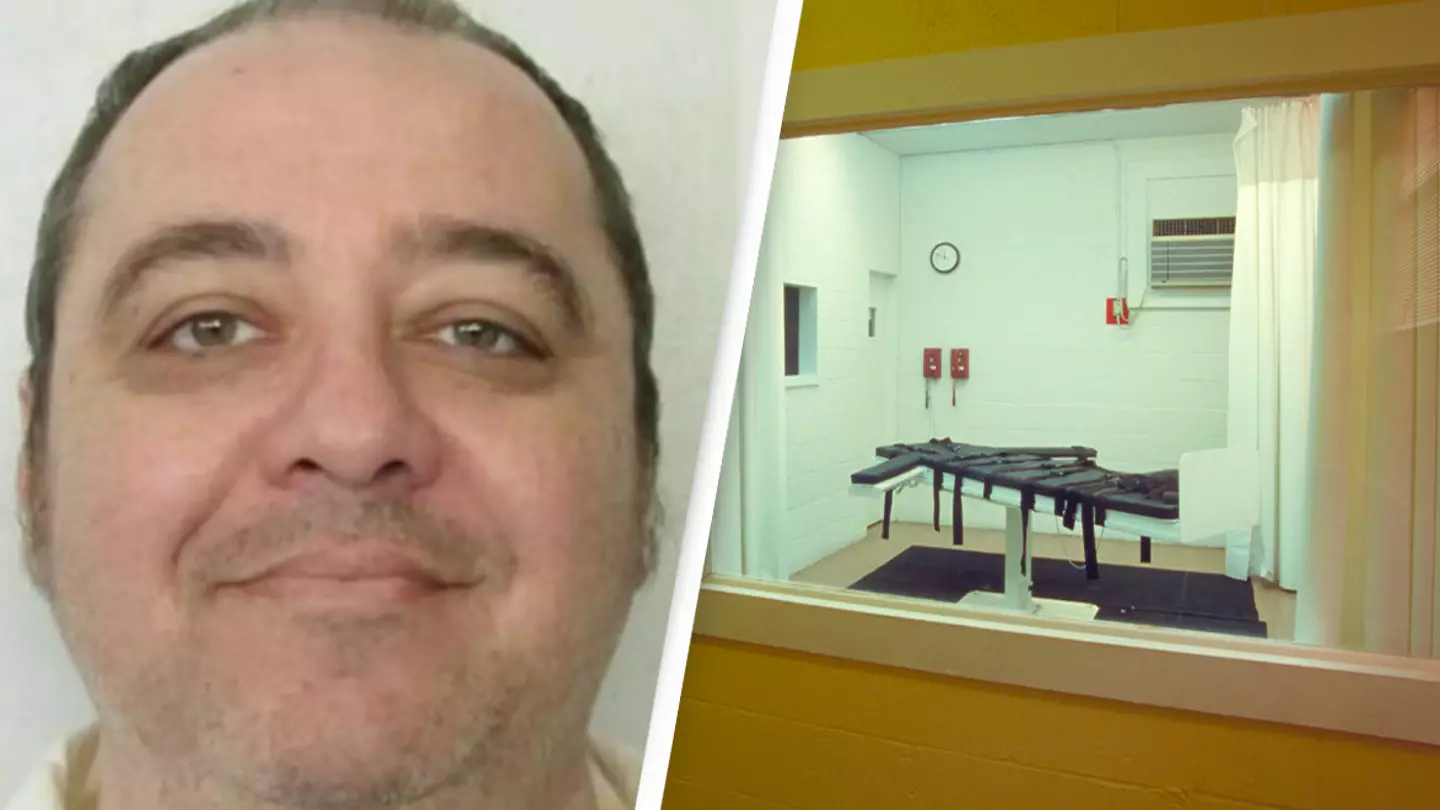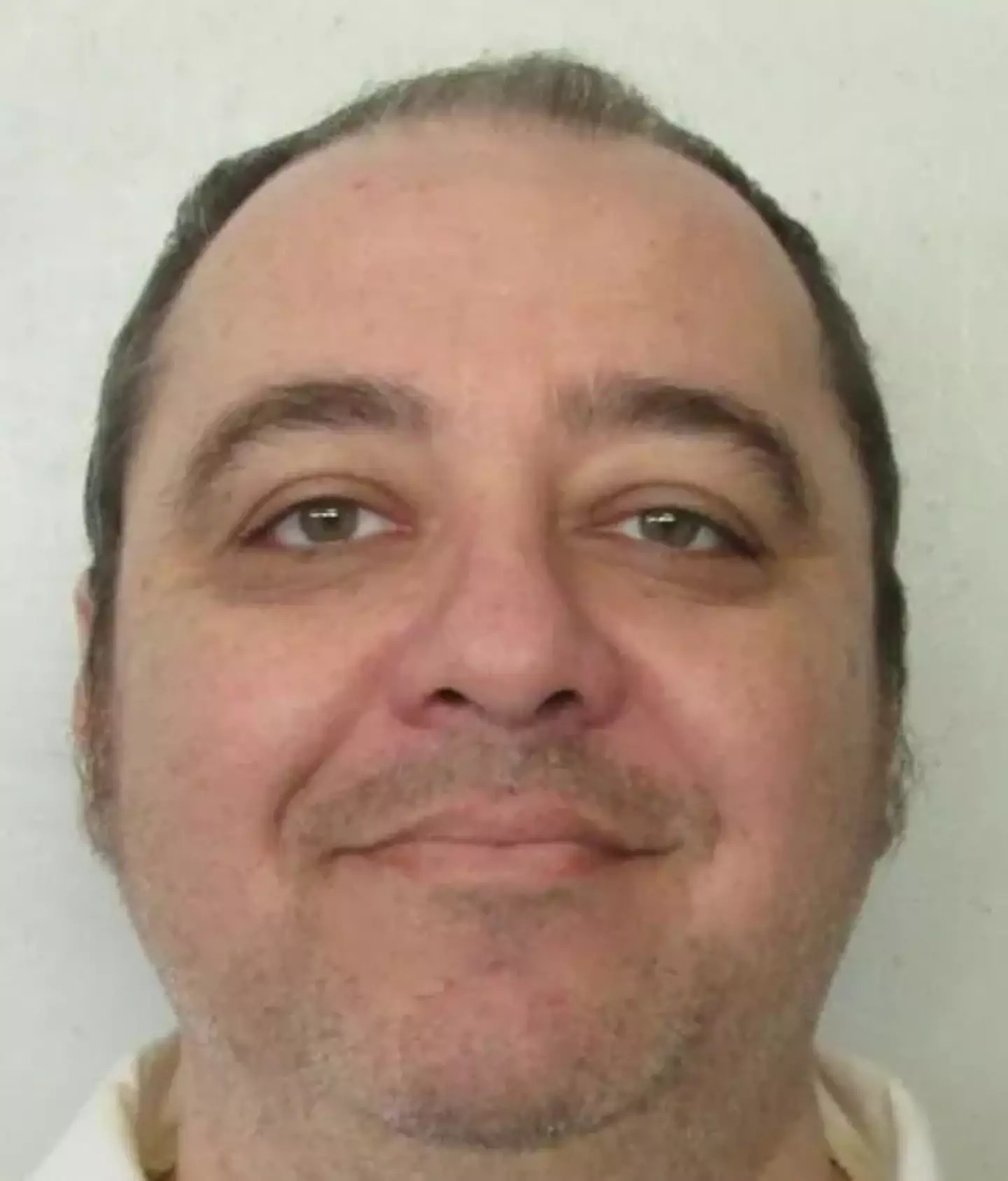
An execution in Alabama was delayed after officials struggled to find the prisoner's vein.
Kenneth Eugene Smith’s death was scheduled for 17 November, by lethal injection.
However, after officials spent 90 minutes trying to deliver the deadly cocktail, they were forced to call things off.

Advert
Smith's executions had been stayed by the U.S Court of Appeals earlier that evening but didn't go ahead due to issues administering the deadly drugs.
Smith was sentenced to death following the murder-for-hire of Elizabeth Dorlene Sennett.
Smith was one of two men hired to fatally stabbed and beat the pastor's wife and was convicted by a jury - that recommended life imprisonment, over the death penalty.
However, Smith was handed the death sentence, which he appealed on the basis that the state has previously had issues administering lethal injections.
Advert
While his appeal was rejected, ironically Smith's death was postponed for the same issues he raised in his appeal.
.jpg)
Smith is not the first prisoner to have experienced a delay while waiting for lethal injection.
Convicted murderer Joe Nathan James Jr was sentenced to death by lethal injection at a south Alabama prison on 29 July.
Advert
However, there was an unexplained three-hour delay during Nathan's execution, during which time officials at the Alabama Department of Correction (ADOC) failed to establish an intravenous line for the lethal injection; now his sister, Yvette Craig, has called for an investigation into that delay.
Nathan was pronounced dead at 9:27 pm local time following the delay in his execution.
While officials insisted that 'nothing out of the ordinary' occurred during the execution, they later explained they had difficulties establishing an intravenous line to administer the lethal drugs to Nathan.
.jpg)
Advert
Following the execution, human rights organisation Reprieve US argued that the process of administering Nathan's lethal injection occurred long before media witnesses were admitted to the facility at 9:00pm.
What's more, Lee Hedgepeth, who attended the execution as a media witness for CBS42, said: "[Joe] James’ eyes were not open at the beginning of the execution, and he appeared motionless, save for his breathing."
Nathan's physical condition coupled with the delay in his execution has caused human rights advocates and his family to speak out.
In an interview with The Guardian, the director of Reprieve US, Maya Foa, said: "Subjecting a prisoner to three hours of pain and suffering is the definition of cruel and unusual punishment. States cannot continue to pretend that the abhorrent practice of lethal injection is in any way humane."
Topics: News, Viral, True crime